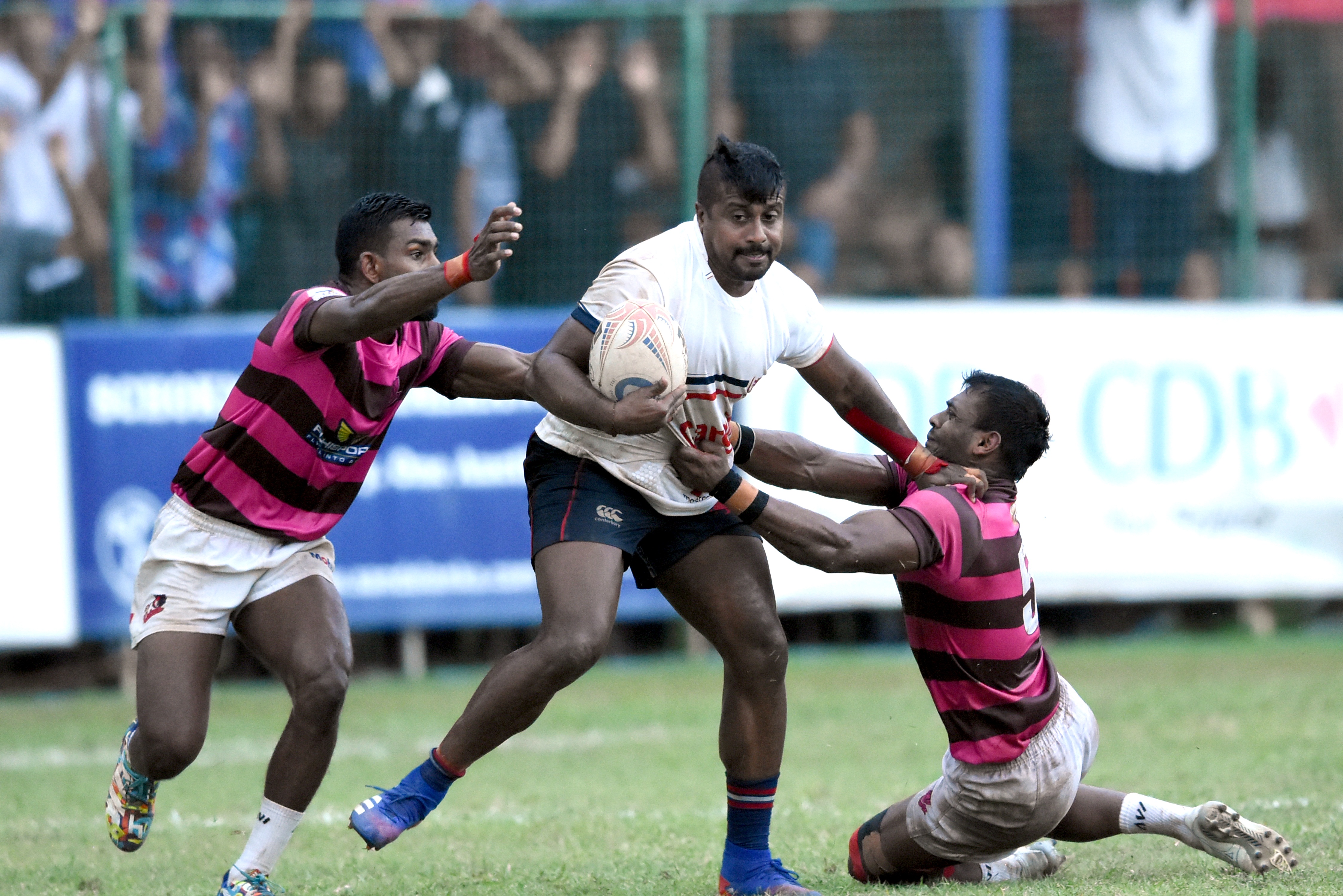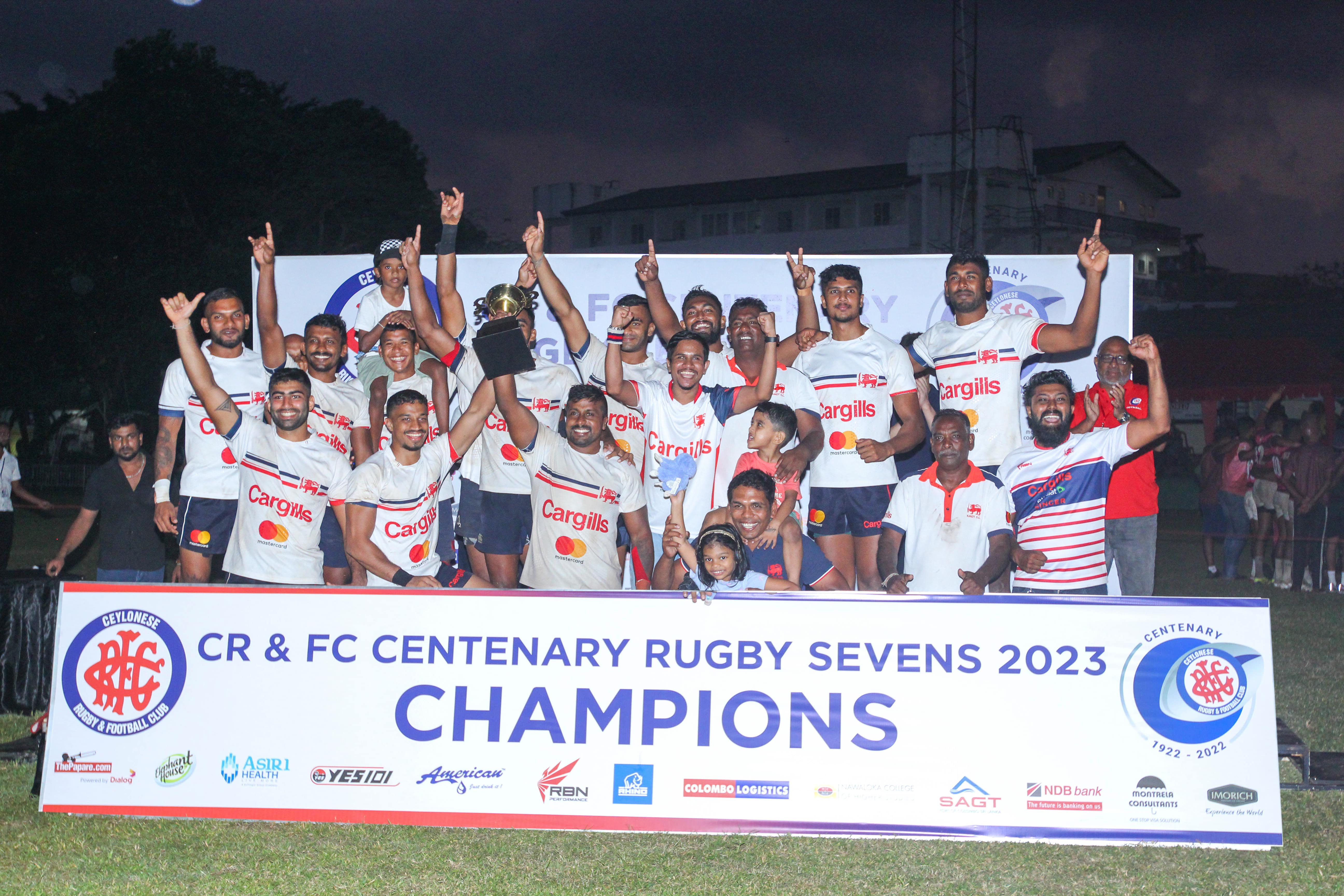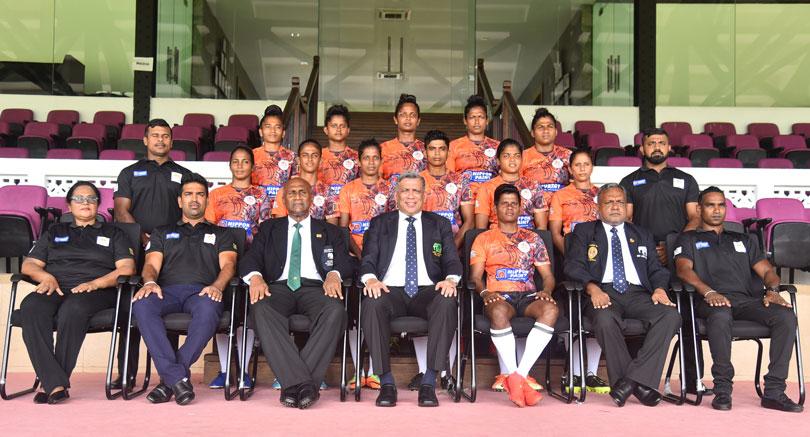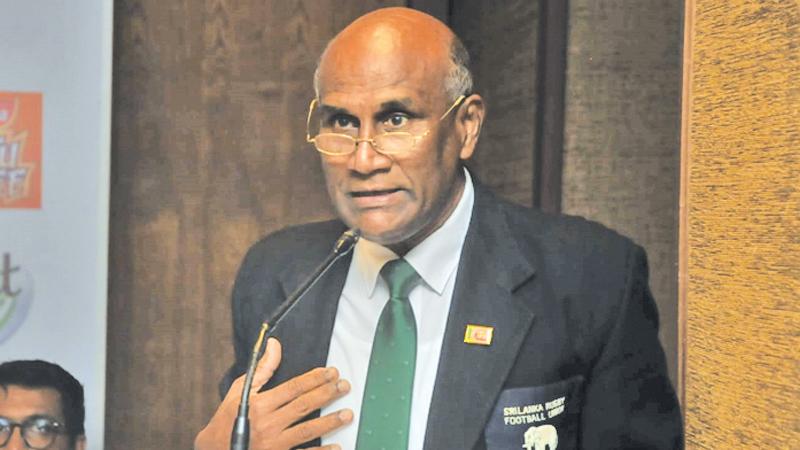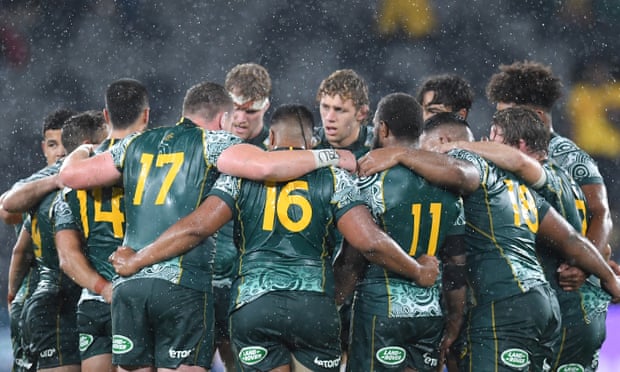
Rugby Australia has little choice but to embrace private equity- Bret Harris
It will come at a cost, but it is a price head office must pay to keep the floundering code financially viable
The Rolling Stones sang you
can’t always get what you want, but if you try sometime you find you get what
you need. The classic Stones tune could well be Rugby Australia’s theme song in
relation to private equity investment in the game.
RA
chairman Hamish McLennan has revealed Australia was making “good progress” in
discussions, admitting it was not something you would not do in a “perfect
world”.
But Australian rugby has
not lived in a perfect world for a very long time – if ever – and desperately
needs private equity to keep the game financially viable in this country. With
traditional sources of income such as broadcasting, sponsorship and
gate-takings dwindling, the governing body has no choice but to embrace it.
On
Thursday, Rugby Australia announced a financial loss of $27m
and a $45.7m drop in revenue, which McLennan described as a “horrible” balance
sheet. Sure, Australian rugby, like many other sports, was hit hard by the
coronavirus pandemic, but where is the money coming from to get the game out of
this black hole?
RA
is looking closely at developments across the Tasman with New Zealand Rugby
moving closer to securing a deal with US private equity company Silver Lake.
NZR
also posted a massive financial loss - $NZ34m ($A31.6m) – last year and its revenue
fell more than $NZ55m ($A51.2m). It is now set to move ahead with a plan to
sell a 12.5% stake in its commercial rights to Silver Lake for $NZ387.5m
($A361.2m), valuing the rights at NZ$3.1b ($A2.89b) after securing the
unanimous support of its 26 provinces.
The
Kiwis now only need the support of the New Zealand Rugby Players Association,
apparently concerned about the potential commercialisation of symbols, such as
the silver fern and the haka, for the deal to proceed.
NZR
chief executive Mark Robinson says the Kiwis are “fighting for their survival”.
If that is the case, Australian rugby must also be facing an existential
crisis.
If
New Zealand secures a private equity deal and Australia does not, it will widen
the already-yawning gap between the trans-Tasman rivals.
The deal will help New
Zealand develop, retain and bring back talented players from overseas. If
Australia does not receive a similar cash injection, the country’s players will
continue to head offshore, further weakening the Wallabies and Super Rugby sides.
If
New Zealand’s commercial rights were valued at $A2.89b, what would Australian
rugby’s rights be worth? The All Blacks are the most marketable rugby team in
the world, but the Wallabies are also a renowned brand – even if the gold
jersey is somewhat faded lately.
Aside
from talent retention, money must also be spent on the Super Rugby franchises,
premier clubs, women’s rugby and the grassroots. A portion should be invested
to create a future fund to protect the game against unforeseen events such as
Covid-19.
Without
private equity, Australia runs the risk of falling even further behind not just
the Kiwis, but the rest of the world. Northern Hemisphere rugby has already
embraced the model through CVC Capital Partners.
Opponents
might argue the game would be selling its soul. In truth, it already did that
26 years ago when the sport went open. The game used to be about idealism and
altruism; now it is all about professionalism.
There
are risks, certainly, but no investment is risk-free.
Generally,
private equity firms want to make 20-25% return per annum on their investment,
equating to double within five or six years.
A
lot of money on a loss-making business such as Australian rugby is high-risk.
How would they make it work?
Firstly,
private equity would most likely be very demanding of the sport, driving
content to create more and more high-quality games to generate revenue. This may
have implications for the governance of the game and could also be a rude shock
to players who are used to a cap on the number of matches played to protect
their welfare.
What is
the end game if private equity does not work out? Does the private equity firm
float its stake on the stock market or sell it to another buyer? Perhaps a
business that Australian rugby does not believe is aligned with its values?
Unfortunately,
there is no alternative but to limp along until Australia descends into a
tin-pot rugby nation, wallowing in the memories of past glories, and reverting
to amateurism.
Private
equity is the solution to Australian rugby’s financial problems, but it will
come at a cost – a price that Australia has to pay.
https://www.theguardian.com/sport/2021/may/01/rugby-australia-has-little-choice-but-to-embrace-private-equity?fbclid=IwAR2ZEymo_r3A5MtBTOFKiTPaK1bHPHKICPb9e4p6oENgAEdwecTeWfOTZIU
Related News
©2018 - SRI LANKA RUGBY - All Rights Reserved
Site by www.stats.lk

